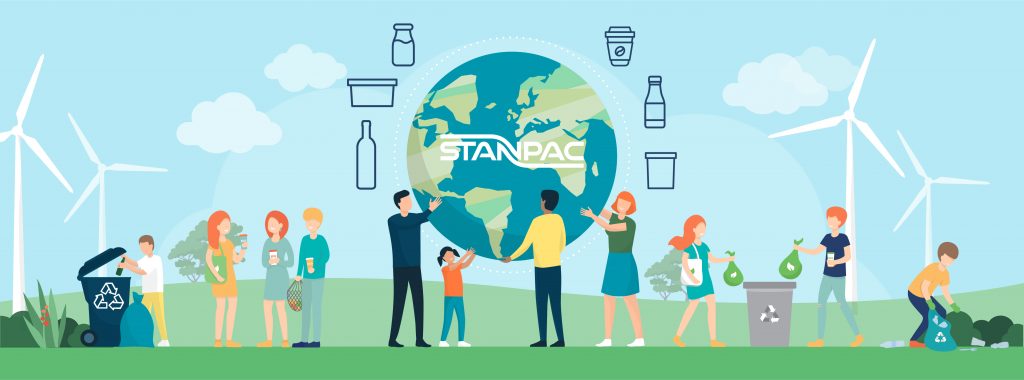
In today’s day in age, consumers are constantly reminded of the importance of sustainable living and making greener decisions. The opportunities for reducing waste, reusing packaging, bottles and containers, and recycling wherever possible are endless and we’ve seen the world come together to ensure a brighter tomorrow for the population and for the Earth.
While consumers are doing their part and integrating these positive changes into their daily lives, we should be taking a deeper look at what packaging companies – often seen as ground zero for waste production – are doing to ensure that their products are making a difference whether it be for the environment, for unique or niche industries, for social good, and ultimately for future generations.
For the Environment
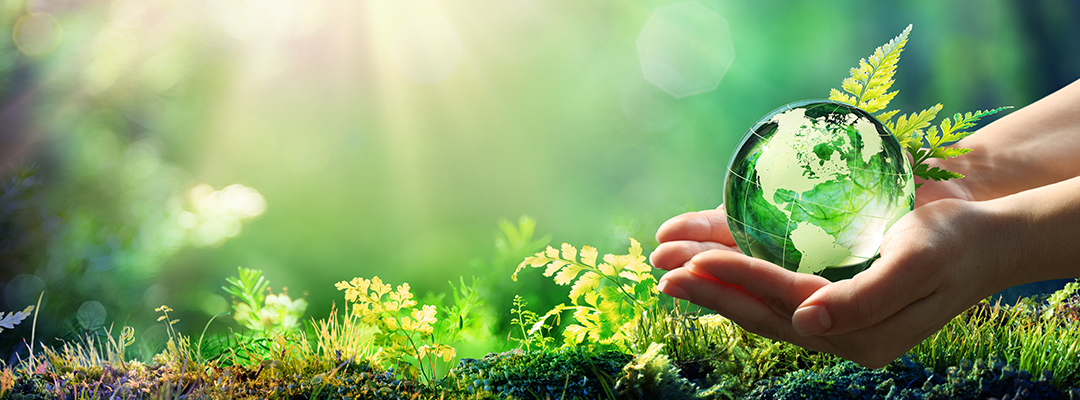
If Mother Nature could celebrate the innovation and advancements that the package industry has accomplished in recent years, we’re sure she would! While there is an ongoing need for companies to provide environmentally-friendly alternatives, it goes without question that we’re certainly on the right track. As more companies strive to create safer, smarter and greener solutions, it’s important to acknowledge that the collaborative efforts of companies across the board is what will determine how the environment benefits from the shift.
As companies develop new and improved packaging options that will drive impactful industry action and foster a sustainable future, transparent and honest business practices should be at the forefront. The Federal Trade Commission (FTC) – a federal agency that protects consumers and businesses by preventing deceptive and unfair practices – has released “Green Guides”, which is a useful resource that encourages and regulates the use of environmental marketing claims. This guide is available to the public and offers insight to a range of terms such as compostable, degradable, and recyclable. The guide also provides context for claims that products are non-toxic, ozone-safe or ozone-friendly, and made from renewable materials.
At Stanpac, we pride ourselves on providing packaging solutions that fulfill our customers’ needs and desires but we also understand that our company and the products that we manufacture have the potential to directly impact the environment. For this reason, we put a strong emphasis on environmental responsibility.

As part of our ongoing sustainability efforts, all of the paperboard used in the production of our ice cream packaging is sourced from companies that are SFI® certified (Sustainable Forestry Initiative). The Sustainable Forestry Initiative® program aims to increase the supply of certified forest products and by using renewable resources like paper – which is created using sawdust sourced from the lumber industry – we are enhancing the sustainability of our products. Through our involvement with this program, we’re helping to improve forest practices in North America.
Curious which companies have adopted a more sustainable packaging option for their delicious, frozen desserts? NadaMoo!, a plant-based ice cream brand, has made the exciting switch to Evergreen Packaging’s Sentinel™ fully renewable ice cream board. Its paper-based packaging, made with a renewable coating derived from sugarcane is now available where products are sold. Oatly Frozen – a non-dairy frozen dessert made from oats – has also been an early adopter of the renewable ice cream packaging.
As the number of companies deciding to make the switch increases, Chris Johns, Vice President of Paperboard Sales & Marketing for Evergreen Packaging states, “Oatly’s switch reinforces what we are hearing in the marketplace that the use of renewable materials is a value that is central to many brands. We believe it is not a trend, but the early stages of a total change in the marketplace for responsible companies.”
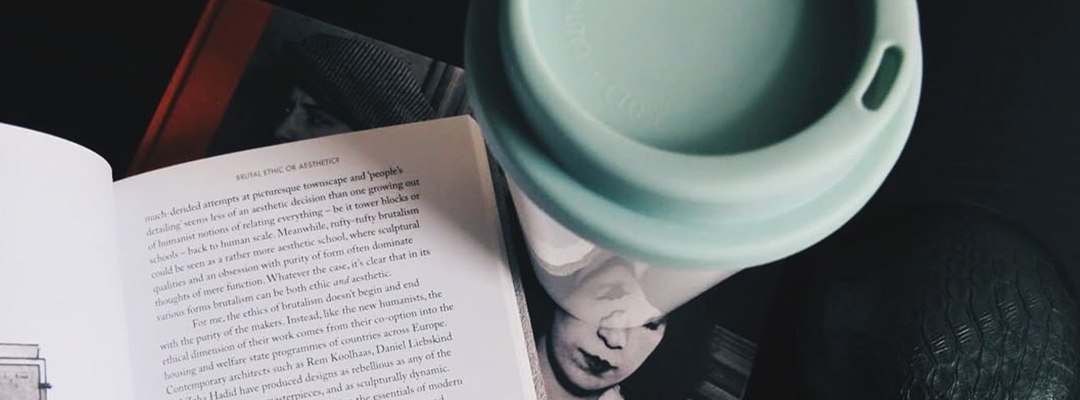
Now that we’ve covered everyone’s favourite dessert, let’s chat about coffee! Throughout the packaging and takeout product landscape, we’re seeing coffee shops take measures to limit the number of disposable takeout cups that are ending up in landfills or oceans. Reego, a reusable take-out cup and lid program, has recently launched in Toronto. When you order a beverage at any of the participating coffee shops, you simply ask for Reego and put down a $5 deposit for your cup and lid. When you are done with your reusable cup, you can return it to any of the participating businesses. You can choose to swap the cup for another that has been washed and sanitized or simply receive your $5 deposit back. According to the program’s website, if 1% of Toronto’s takeout coffees were served in Reego cups and lids, over 7 million disposable cups and lids would be spared from our landfills and oceans.
Remember the milkman? He’s still hard at work producing quality dairy products and packaging them in reusable glass bottles! For 25 years, Strauss Family Creamery has packaged their organic milk in bottles made with up to 30% recycled glass. Customers are welcome to return their used bottles and receive their $2.00 deposit in exchange. The company has an 80% return rate and the glass bottles are reused an average of five times before recycling them, keeping approximately 500,000 pounds of milk containers and plastic out of landfills each year!
For Social Good
2020 has been a year unlike any other. Along with the societal changes that came with the onset of COVID-19, companies from every industry have been forced to adapt. Some have shifted their sales to a digital platform or paused their business altogether, while others have dedicated resources to manufacturing products for frontline workers and the community including respirators, face shields, hand sanitizer, and more. A quick scroll through this article from Forbes shows what a couple of the world’s most recognizable brands (Nike, KFC, and Scholastic) have done to help during these unprecedented times.
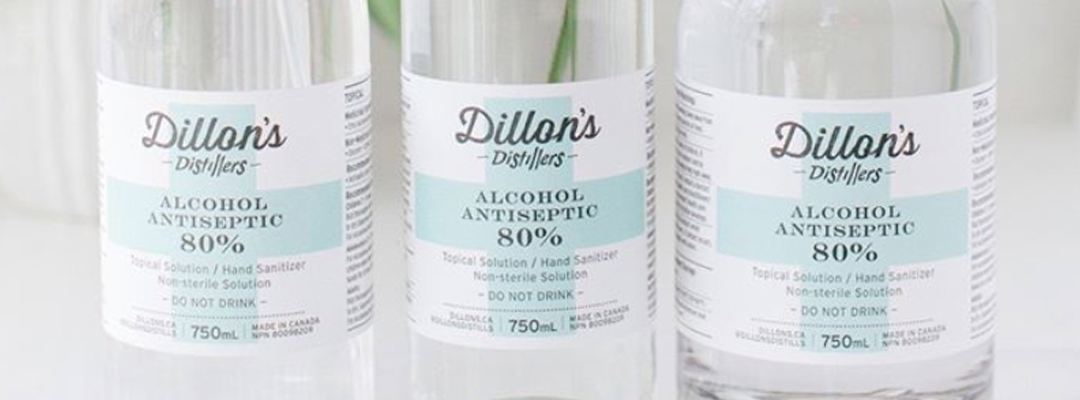
Stanpac has had the opportunity to provide packaging solutions to several businesses looking to help the community and flatten the curve. Existing client, Dillons Distillery, was one of the first businesses in the Niagara Region to distill, bottle, and distribute more than 50,000 bottles of hand sanitizer to first responders across Ontario, free of charge. If you are a first responder or critical essential service, you can contact them here to inquire about obtaining this high-quality hand sanitizer.
Another well-known Ontario distillery has also committed a significant amount of their resources to producing much-needed hand sanitizer. Spring Mills Distillery has worked with multiple partners to ensure the success of this initiative including Stanpac, with the donation of 64oz glass bottles. In addition to a generous donation made to their local hospital, the funds raised from purchases made by the public are being donated to local Guelph charities.
In May, Project H.O.O.D. and New Beginnings Church partnered with a number of businesses including Skeptic Distillery, M&J Intermodal, and Stanpac to produce and distribute hand sanitizer to Chicago’s South Side, ensuring that families throughout the community were prepared with the necessary supplies to protect themselves.
The Reusable Packaging Association has forecasted that by 2030, reusable products will be the leading packaging choice. Reflecting on the inspiring efforts of organizations and businesses like the ones highlighted above proves just how much of an impact that a reusable glass bottle can make, for social, environmental and economic sustainability.
For Unique Industries
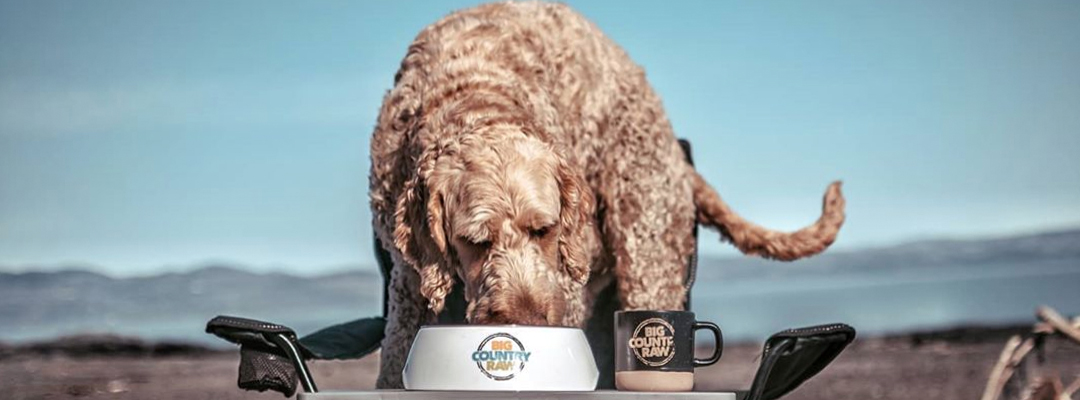
We’ve discussed some of the more recognizable or frequently used products incorporating sustainable packaging into their business models, such as ice cream and dairy, but it’s important to acknowledge that these environmentally-friendly practices are also being used in industries that aren’t always front-of-mind.
We all know that our pets aren’t particularly concerned about how their food makes it home, but what we do know is that your four-legged family members deserve the best. In recent years, the raw dog food industry has seen a drastic increase of pet owners making the shift to their wholesome and nutritious products. A recent article by Food Engineering Magazine, focuses on the responsibility that packaging has in regards to the growth and sustainability of the pet food industry. Similar to other products and industries, research has shown that shoppers are willing to pay a premium for sustainable packages with convenient features.
Good boys and girls everywhere are wagging their tails with the news of Big Country Raw switching the materials used in their 2lb containers and launching their new 4lb tub, which is made from environmentally friendly paperboard packaging (the same one we mentioned above), complete with a secure, easy-to-open lid. In addition to being a much more sustainable option, this packaging solution is more durable and resilient in cold storage environments.
Glass packaging is also seeing renewed interest in the multi-billion dollar beauty industry. With a joint collaboration of cosmetic companies, their governing bodies, healthcare professionals, marketers, and more all putting an emphasis on health, as well as beauty, we’re seeing more brands transition to packaging that has been proven to reduce harmful chemicals and materials which pose a risk to a consumer’s wellbeing. Harmful chemicals such as phthalates have been banned from cosmetics in Europe and some phthalates were banned from children’s toys in the United States. Unfortunately, they are still so commonly used that they are detected in 99% of people tested.
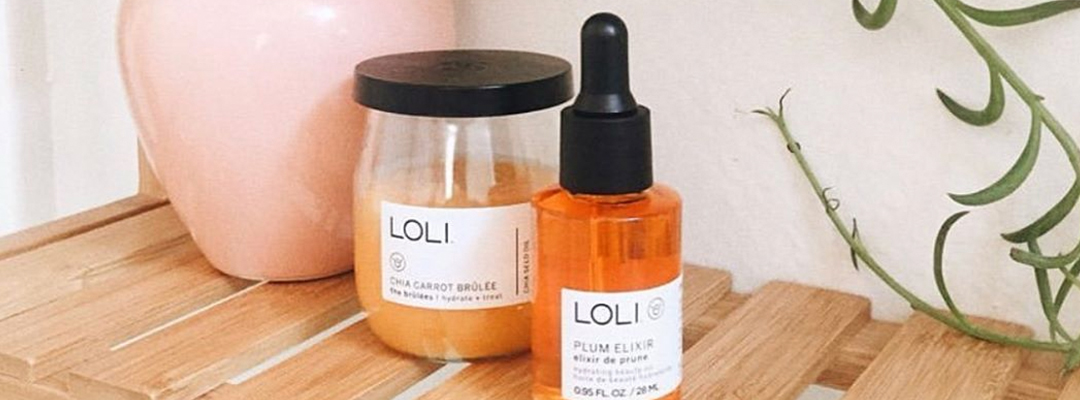
One company radiating throughout the beauty industry is LOLI Beauty, who can often be seen using the term “Zero Waste Beauty” to describe their business and products. Face masks and balms that range from Chia Carrot Brȗlée, Purple Corn Grains, and Matcha Coconut are all packaged in reusable, food-safe, glass yogurt jars. A warm-hearted message found on their website reads, “We lead with intention. If it’s not sustainable, better for people and the planet, it’s not for us.” While glass is heavier than plastic and directly affects production costs, glass can directly reflect brand values, which is exactly the case with LOLI and their innovative product line.
For Future Generations
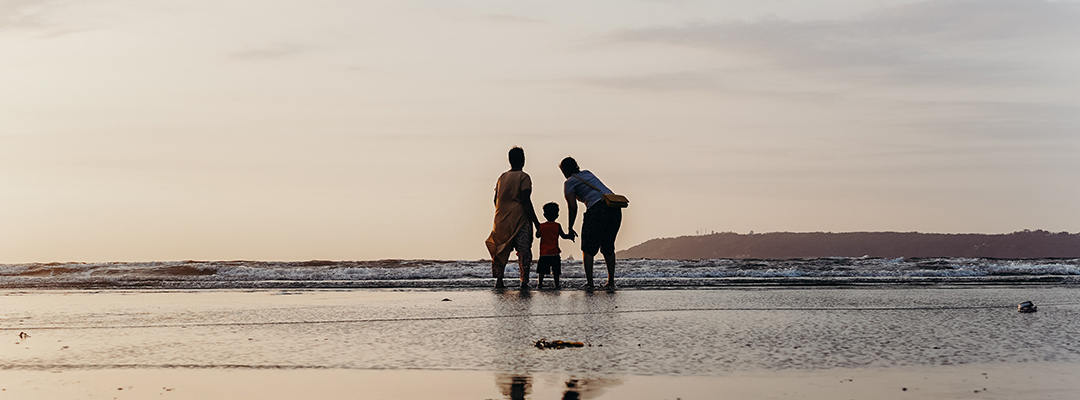
The damaging effects from illegal clear-cutting of forests such as global warming and drought, and the dangerous amounts of waste overwhelming landfills and ending up in major waterways, putting already vulnerable ecosystems at risk is something that our world will be working to remedy for centuries.
The packaging choices we make today will have a direct impact on how future generations consume products and how their decisions will impact the environment. Ongoing discussions about safe alternatives while encouraging reusing products, reducing waste, and recycling wherever possible will ensure a brighter future.
Consumers across the globe are making a conscious effort to reduce the amount of single-use packaging they consume, with 42% claiming that they choose products made from recyclable or sustainable materials in their day-to-day shopping decisions.
Inspired by a desire for foundational change is Loop – a new initiative by a small company which has compelled some of the world’s biggest brands to begin implementing reusable packaging for their products. In addition to being a premium product experience, the company is hoping that their system encourages a shift in how consumers view the familiar habit of recycling.
Working towards a brighter tomorrow is a collaborative effort. Here are a few major corporations committing to reducing the use of plastics:
- Walmart has a goal to reach 100% recyclable, reusable or compostable packaging status for its private label brands by 2025.
- Kellogg’s is implementing compostable and paper food service products in its plants and offices.
- Hershey hopes to achieve zero waste-to-landfill at its facilities and a 95% recycling rate by 2025.
Throughout this blog, we’ve brought you on a journey all over the manufacturing landscape – from ice cream to hand sanitizer, and dog food to beauty products – but it’s important to understand just how versatile these options are for any and every industry looking to make sustainable packaging choices. Our environment is more vulnerable than ever with the amount of not-so-desirable practices being carried out in the trillion-dollar packaging industry, and it’s essential that businesses continue (or begin) to consider safer, more sustainable options, for the planet and its population – today, tomorrow, and forever!
The movement to a healthier, safer, and brighter tomorrow starts with you. Let’s discuss how your company can benefit from implementing sustainable packaging solutions that your consumers will love!
